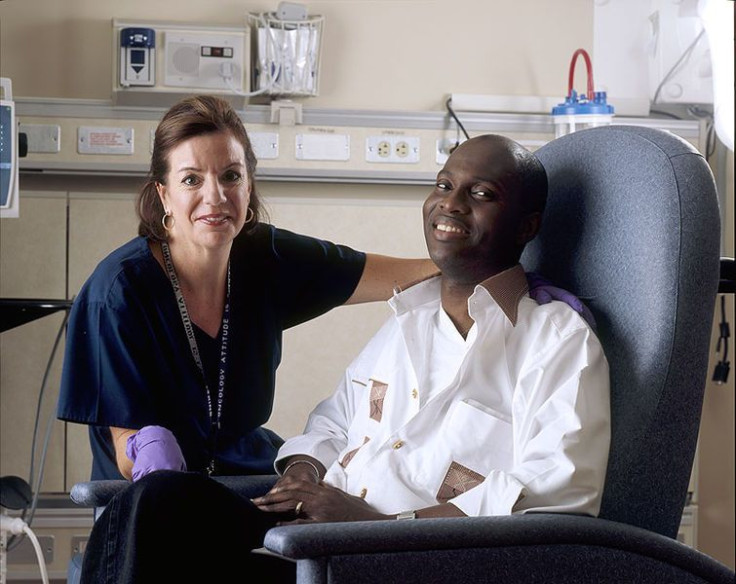Cancer And Spirituality: Religious Patients More Likely To Receive Aggressive Medical Interventions

Terminally-ill cancer patients must make distressing decisions while under obvious emotional duress, and usually within a very short time. Are the end-of-life choices of patients who are supported by a religious community different from those of patients of a more secular disposition?
Yes. But in ways you might not expect.
Cancer patients who described themselves as well-supported by their religious communities are less likely to choose hospice care than patients with less spiritual support, according to a recent study. Patients supported by their religious communities were also more likely to receive aggressive medical interventions, and more likely to die in an intensive care unit (ICU) in comparison.
This difference remains after controlling for race and advance-care planning. The difference is strongest among patients of racial/ethnic minority and high use of religious coping behaviors. "Religious coping" refers to dealing with stress through prayer, congregational support, pastoral care, and religious faith.
Yet, even among those receiving high levels of spiritual support (43 percent of the sample), spiritual care provided by the medical team is associated with better patient quality of life, greater hospice utilization, and less aggressive medical interventions at the end-of-life (EoL).
From September 2002 through August 2008, researchers enrolled 343 patients with advanced cancer and followed up with each until death. The median participation time was 116 days. Interviews assessed how patients' spiritual needs were addressed by religious communities. EoL medical care options included: hospice, aggressive EoL measures (care in an intensive care unit, resuscitation, or ventilation), and dying in an intensive care unit.
National care quality guidelines, including those of the National Consensus Project for Quality Palliative Care and the Joint Commission, have long incorporated spiritual care — care that recognizes a patient's religion and/or spirituality and attends to spiritual needs.
Despite these guidelines, medical teams infrequently offer spiritual care to patients with advanced illness. Researchers believe results from practical barriers, such as insufficient resources, but also from fears of offending patients.
One reason the support of a religious community may result in greater aggressive care is that such communities frequently emphasize perseverance throughout, and hope within suffering.
Unaware of biomedical realities, religious advisors may offer well-intentioned counsel to patients that might encourage interventions that are medically futile. And some Christians — who comprised the majority of the sample — and followers of many other religious traditions may honor a belief in miracles. Medicine could be seen as a primary means of divine intervention.
A telephone survey of 1033 individuals living in the Southeast found 80% endorsed a belief that God acts through physicians to cure illness. Religious communities, then, may suggest that not choosing aggressive medicine obstructs the principal avenue by which divine healing can take place.
Yet, by simply addressing EoL decisions in a manner that embraces a patient's spiritual values, the medical team may help a patient discover that a belief in miracles can be as firmly held in the hospice setting as it is in the ICU, or that choosing to withhold aggressive EoL measures does not constitute taking matters out of "God's hands."
Published by Medicaldaily.com



























